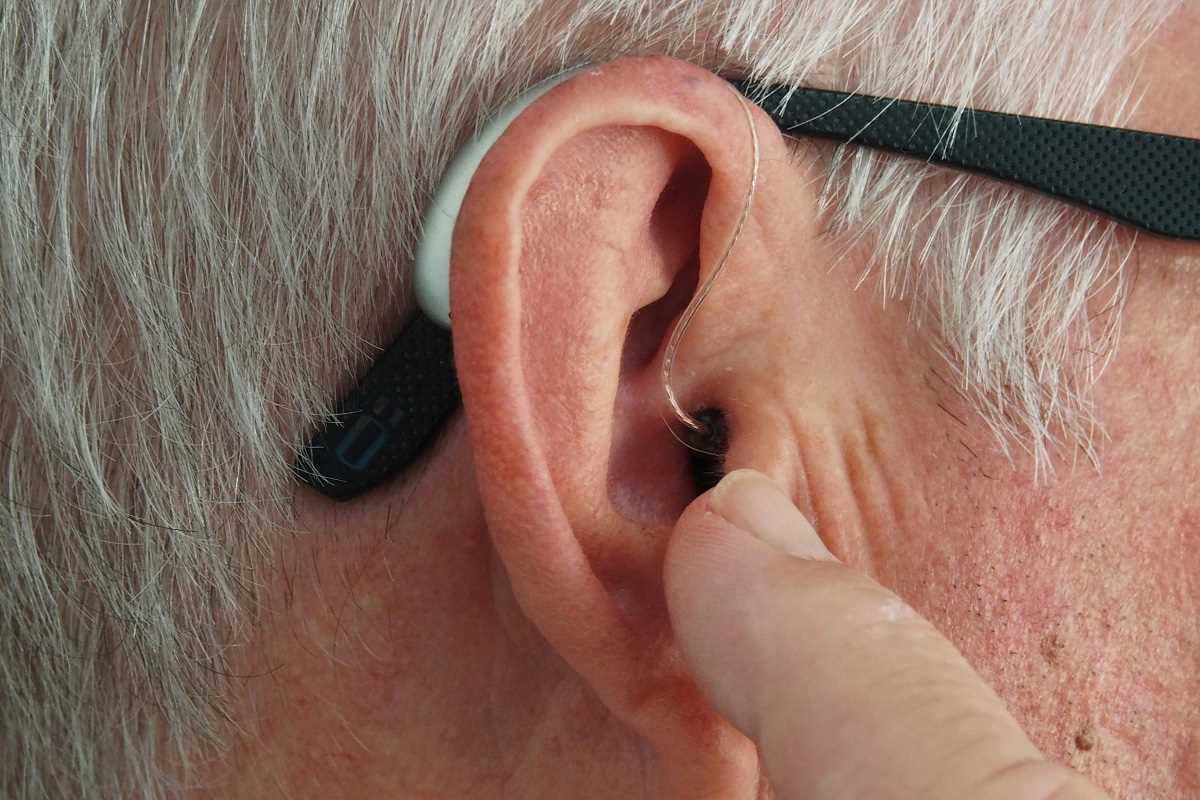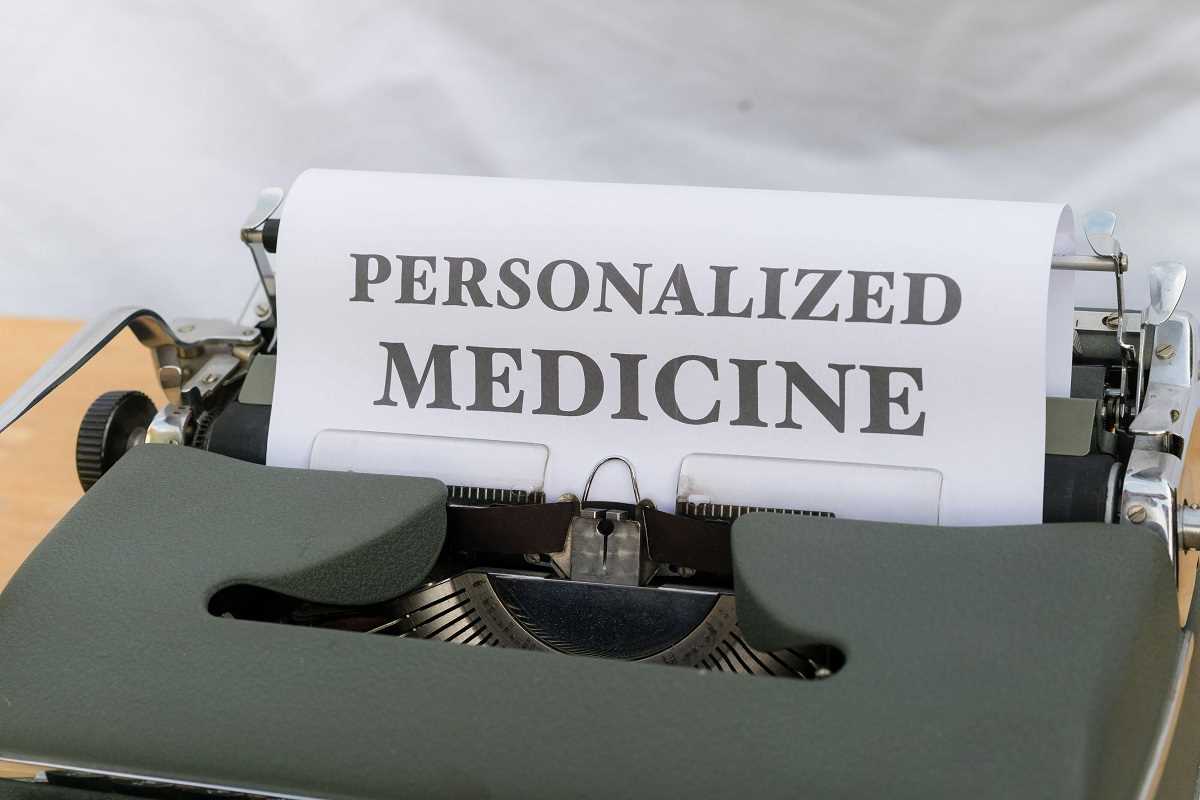Hearing is a vital sense that connects us to the world around us, enabling communication, relationships, and even safety. When this ability is impaired, it can significantly disrupt a person’s quality of life. That’s where audiologists step in. These specialized healthcare professionals assess, diagnose, and treat hearing and balance disorders, helping individuals regain—and sometimes improve—their auditory health. This article breaks down the role of audiologists, the skills required, challenges they face, and how aspiring professionals can succeed in this essential career.
Responsibilities and Daily Tasks of an Audiologist
Audiologists provide a wide range of services aimed at diagnosing and treating auditory issues. Their work is patient-focused, requiring both technical expertise and compassionate care.
Diagnosing Hearing and Balance Disorders
- Audiologists conduct various tests to evaluate the severity and causes of hearing loss or balance problems. These may include audiograms, tympanometry, and vestibular assessments.
- They identify issues ranging from age-related hearing loss to more complex conditions like Meniere's disease or auditory processing disorders.
- Accurate diagnosis is crucial for creating personalized treatment plans.
Fitting and Programming Hearing Aids
- One of the most common duties of audiologists is helping patients select and fit hearing aids.
- They ensure these devices are calibrated to meet the individual’s hearing needs, offering both technical adjustments and counseling on proper usage.
Providing Auditory Rehabilitation
- Rehabilitation often involves therapy to help patients optimize their remaining hearing or adjust to assistive devices.
- Audiologists also teach coping strategies for improved communication, such as lip-reading or the use of assistive listening devices.
Caring for Patients with Balance and Dizziness Issues
- Some audiologists specialize in vestibular disorders, helping individuals manage balance issues and vertigo caused by inner ear dysfunction.
Conducting Newborn Hearing Screenings
- Many audiologists work with infants, performing critical early screenings that can identify hearing loss from birth.
- Early intervention ensures children with hearing impairments receive timely support to aid their speech and language development.
Educating Patients and Families
- Audiologists often spend a significant amount of time counseling patients and their families. Education about hearing loss, prevention, and treatment is key to helping patients retain long-term hearing health.
Protecting and Preserving Hearing
- Many audiologists focus on preventive care by educating people about noise damage and providing custom-fit hearing protection, such as earmolds for musicians or workers in noisy environments.
Skills and Qualifications Needed
Becoming an audiologist requires a blend of technical expertise, interpersonal skills, and formal education. Here’s what’s needed to thrive in this role:
Educational Requirements
- A doctoral degree in audiology (Au.D.) is typically required to practice. This includes coursework in anatomy, physiology, acoustics, and clinical training.
- Licensing is required for audiologists in most regions, often contingent on passing competency exams like the Praxis.
Technical Skills
- Proficiency with diagnostic tools such as audiometers, otoacoustic emission instruments, and computer software for hearing aid programming is essential.
- Knowledge of emerging technologies, such as cochlear implants, keeps audiologists on the cutting edge of treatment.
Strong Communication Skills
- Audiologists must explain complex medical information to patients in a clear and empathetic way. This means tailoring advice to individuals with varying levels of health literacy.
- Active listening and patience are equally important, as hearing loss can be an emotional topic for many patients.
Problem-Solving Abilities
- Each patient presents unique challenges that require creative solutions for diagnosis and treatment.
- Audiologists also must troubleshoot hearing devices, often needing quick and effective problem-solving in real time.
Compassion and Empathy
- Many patients with hearing loss feel isolated or frustrated—qualities like empathy and compassion can make all the difference in gaining their trust and cooperation.
Challenges and Rewards of Being an Audiologist
While audiology can be incredibly fulfilling, like any profession, it comes with its challenges.
Challenges
- Evolving Technology: Staying updated on advancements in auditory technology can be demanding but is necessary for providing top-level care.
- Workload Variability: Audiologists might divide their responsibilities across multiple settings, such as hospitals, private clinics, or schools. This can make scheduling and workload complex.
- Emotionally Charged Cases: Clients—especially those dealing with sudden loss of hearing or congenital conditions—may experience emotional difficulties, requiring extra care and patience.
- Access and Affordability: Hearing aids and treatment can be expensive, and navigating insurance coverage or offering alternative solutions can be taxing.
Rewards
- Improved Quality of Life: Helping patients regain their ability to hear and connect with loved ones is profoundly rewarding.
- Opportunities for Diverse Specializations: From pediatrics to gerontology, audiologists can choose roles tailored to their passions and expertise.
- Growing Demand: With an aging population and increased awareness about hearing health, audiologists remain in high demand.
- Intellectual Stimulation: Audiology combines science, technology, and patient care, making it a dynamic and engaging career.
Industry Trends and Opportunities for Growth
The field of audiology continues to evolve, offering exciting trends and career opportunities:
Advances in Hearing Technology
- Devices are becoming smaller and smarter, with innovations like AI-driven hearing aids and Bluetooth-enabled devices changing the landscape of treatment.
Increasing Public Awareness
- Campaigns around noise protection and early hearing screening have expanded opportunities for audiologists to work in public health.
Tele-Audiology
- Remote services, consultations, and even hearing aid fittings have gained traction, particularly post-pandemic, opening doors for broader patient access.
Collaborative Opportunities
- Audiologists often work alongside other healthcare professionals, such as ENT doctors or speech-language pathologists, fostering collaboration for comprehensive care.
Development of Cochlear Implants
- Advances in cochlear implant technology allow audiologists to work closely on implantation and post-surgical rehabilitation processes.
Advice for Aspiring Audiologists
If you’re considering a career in audiology, here’s how you can get started and flourish:
Get the Right Education
- Pursue an undergraduate degree in communication sciences, biology, or a related field.
- Complete a doctoral program in audiology (Au.D.) from an accredited institution.
Gain Clinical Experience
- Participate in internships, residencies, or apprenticeships to build hands-on experience in diagnosing and treating auditory disorders.
Develop Communication Skills
- Practice conveying technical concepts in a simple, approachable manner. Volunteering or mentoring can help improve these skills.
Join Professional Organizations
- Groups like the American Speech-Language-Hearing Association (ASHA) or local audiology societies offer networking opportunities, workshops, and resources.
Stay Current
- With constant advancements in hearing aid technology, diagnostic tools, and treatment methods, continuing education is crucial.
- Attend industry conferences, research new trends, and earn additional certifications to enhance your expertise.
Build Empathy
- Volunteering at facilities for older adults or those with auditory impairments allows you to understand patient needs and challenges better.
Audiologists play a critical role in improving the lives of individuals experiencing hearing or balance issues. By merging scientific knowledge with compassion and cutting-edge technology, they empower patients to reconnect with the world around them. For those drawn to both healthcare and patient-centered roles, audiology offers a rewarding and impactful career. If you're ready to make a difference in hearing health, audiology could be the perfect choice for you. Start your educational path today and work towards a future that echoes with success!
 (Image via
(Image via





.jpg)